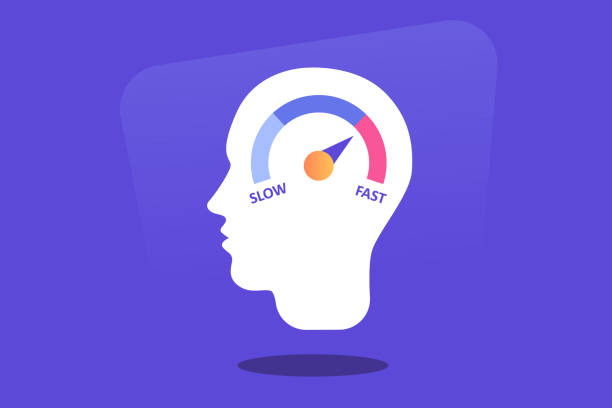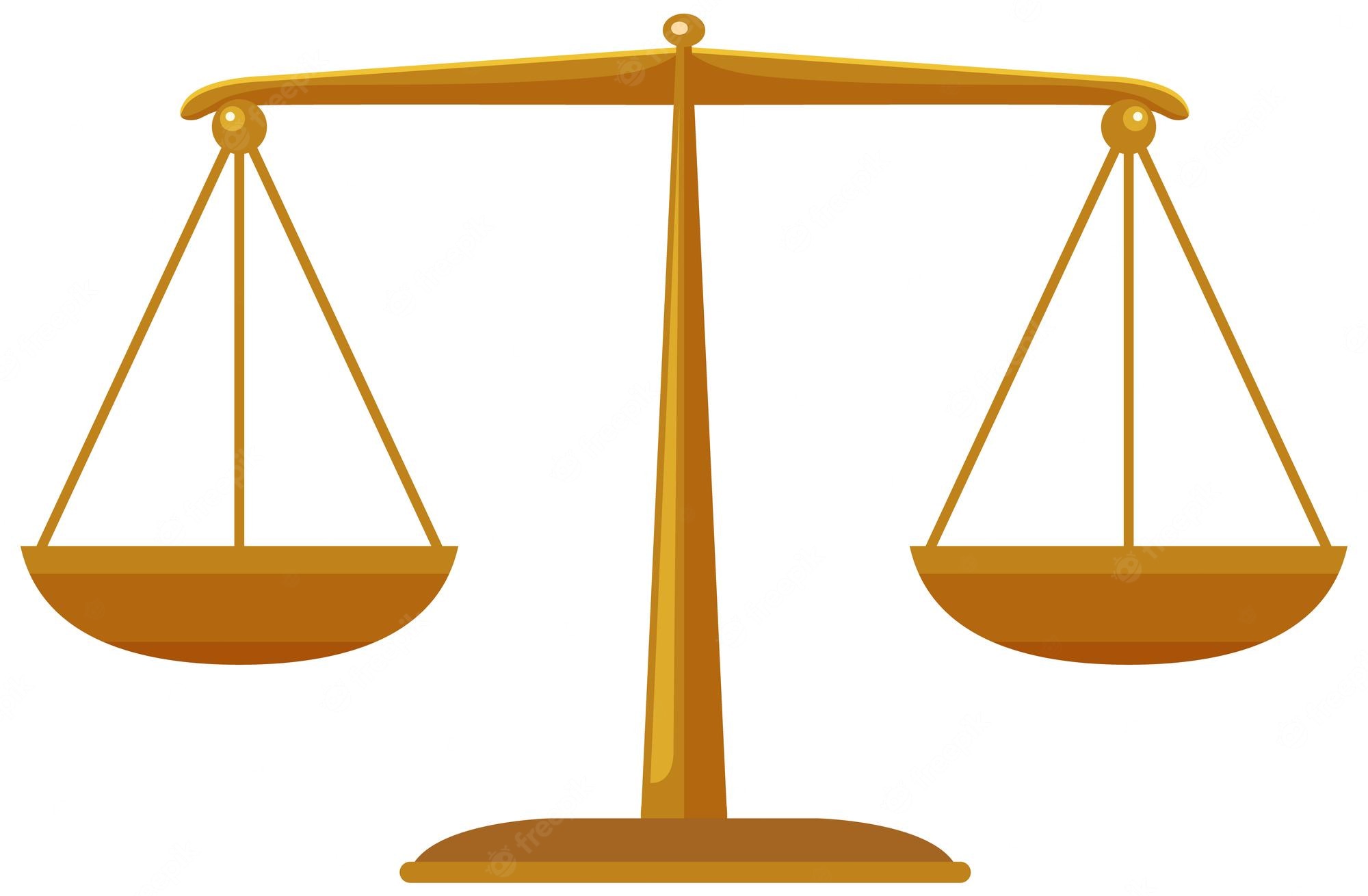By: Pat Longan, William Augustus Bootle Chair in Ethics and Professionalism, Director of the Mercer Center for Legal Ethics and Professionalism, Mercer University School of Law
At Mercer University School of Law, we use virtue ethics to teach professional identity. We have drawn on the dozens of professionalism codes and creeds adopted by courts and bar associations over the last thirty-five years and distilled from them the virtues that a lawyer needs. Those virtues are excellence, fidelity to the client, fidelity to the law, public spiritedness, civility, and practical wisdom. Our students learn of the roots of this approach in Aristotelian ethics. We are convinced that this is the best approach to professional identity. Indeed, I have written elsewhere that professional identity is virtue ethics by another name.
There is sometimes a problem in getting this message across. Some lawyers and some law students recoil at the mention of “virtue.” To them, it sounds preachy. Then when we utter the word “Aristotle,” their eyes begin to roll at these academics who are revealing how detached they are from the everyday world of lawyering. (You don’t want to know what they say and do if you use the word “Aristotelian.”) With these audiences, we need another way to convey the key insights of virtue ethics for the professional identities of lawyers without using what they will hear as off-putting academic mumbo-jumbo.
My answer is to make an analogy to the Nobel Prize-winning work of Daniel Kahneman (done in collaboration with Amos Tversky, who died before he could share in the Nobel). Professor Kahneman popularized their work in Thinking, Fast and Slow, which was published in 2011 and has sold more than 2.6 million copies.
Kahneman explains two ways in which people make decisions. Some come from “System 1,” which “operates automatically and quickly, with little or no effort and no sense of voluntary control.” System 1 engages in “thinking fast.” Other decisions come from “System 2,” which “allocates attention to the effortful mental activities that demand it …. The operations of System 2 are often associated with the subjective experience of agency, choice, and concentration.” System 2 controls “thinking slow.”
For lawyers, the analogy to “thinking fast” is the cultivation of habits and dispositions. Take habits first. Part of a lawyer’s professional identity is excellence. An excellent lawyer shows up on time and meets all deadlines. In the busy life of a practicing attorney, this does not happen because the lawyer sits back and reflects deeply on the need to be punctual for meetings and court appearances. It does not happen because the lawyer takes the time to contemplate each filing deadline and ponder over the importance of meeting it. These parts of excellence emerge when the lawyer cultivates the right habits.
Of course—just between us—much of virtue ethics is about the cultivation of good habits. But habit formation also fits into the more digestible “thinking fast” framework.
As professors, we have enormous power to help our students cultivate the right habits. In our mandatory professional identity course at Mercer, punctuality is rigidly enforced. Students may not enter any class late without advance permission, no matter the reason. When they show up late and miss class, they must explain why and are required to come up with a plan to prevent tardiness in the future. For some, it is simply a matter of setting another alarm. For others, it is starting a long commute much earlier in case of traffic. Regardless of the details, they are developing the habit of punctuality, one of the habits that supports excellence.
We do something similar with the habit of meeting deadlines. The students know that by 8 a.m. every Monday they must complete a writing assignment on Mercer’s learning management system. The assignment closes automatically at 8 a.m. Any students who are late with the assignment must contact me, and I require them to come up with a plan to avoid late submissions in the future. They are cultivating a habit of attentiveness to deadlines, another habit that supports excellence.
In other situations, a lawyer must deal immediately with a problem—they must be ready to “think fast”—and something more than habit is needed. For example, a lawyer may unexpectedly encounter discourtesy or a lack of cooperation from opposing counsel. The lawyer must be prepared to respond appropriately to incivility in the moment. There is no time to reflect on a “Lawyer’s Creed” or an “Aspirational Statement on Professionalism.” The natural tendency (especially for someone like me who grew up with three older brothers) is to return fire. Incivility begets incivility, and the atmosphere quickly becomes toxic. Litigation slows down. It becomes more expensive for the clients and more unpleasant for clients and lawyers alike.
Virtue ethics would say that the lawyer who is the target of the discourtesy should deploy the virtue of civility and break the cycle. How do you prepare students and lawyers to do that when there is no time to think when a fellow lawyer is snide in a deposition, and when these students and lawyers are the ones who roll their eyes at the notion that Aristotle has anything to say about it?
The answer is to introduce the concept of a “disposition,” in the sense of one’s natural inclination to act in a particular way in response to a particular situation. Again, the terminology sometimes can get in the way because lawyers and students think that, by “disposition,” we mean a mood or characteristic attitude, as in “he has a grumpy disposition.” Students understand the concept better if you describe a disposition as a “default setting.” A lawyer whose default setting is not to be surprised or angered at another’s incivility, and who is therefore disposed not to respond in kind to discourtesy, is much more likely to defuse rather than escalate a conflict with an uncivil adversary. There is time before the fact to reflect and decide on what your disposition should be. Having the right disposition then enables the lawyer to do the right thing in the moment when there is no time to ponder. The lawyer is “thinking fast.”
Cultivating such a disposition or default setting in students requires some work. We first have to expose them to the toxin of incivility by having them watch or listen to examples. For many, their natural response to this surprising prospect is fight or flight. With time and effort, we can help them understand the inevitability of encountering these situations, the harm that flows from them, and some strategies for dealing with them. We must “think slow” with them at first. But the ultimate goal is to send them out into the world prepared to encounter others’ incivility and become naturally disposed not to respond in kind. Their professional identity will include an internal commitment to maintaining civility even in difficult and infuriating moments, because they have the right “default setting” or “disposition.”
Lawyers must also, of course, be able to “think slow.” An essential component of professional identity is the cultivation of the “master virtue” of practical wisdom, which enables lawyers to chart or recommend a course of action in uncertain circumstances when multiple goals are in conflict. Again, terminology can get in the way. Lawyers and law students may tune out to the mention of a “master virtue” or “practical wisdom” (don’t ask what they do if you use the word “phronesis”). But the need for practical wisdom translates easily into the need for good judgment, and no lawyer or law student will roll their eyes at the proposition that lawyers need good judgment.
Teaching judgment is harder than teaching punctuality. We use small group (25 to 30 students) weekly meetings in which we discuss a series of “practical wisdom” exercises and put the students in role to exercise judgment about what to do and how to do it. (These exercises are available at https://law.mercer.edu/academics/centers/clep/education.cfm). All of them present circumstances where there is time to “think slow,” work through different possibilities, and contemplate what might follow from each option. We train them to ask and answer the question, “what if I do this?” as part of the exercise of good judgment.
For example, one problem requires the students to decide (in the role of a junior non-equity partner in a large law firm) what, if anything, to do when they suspect a senior partner
of overbilling a client. The junior partner might choose to do nothing, talk to the partner, or report her suspicions within the firm. For each possibility (and any others the students generate), their preparation for the discussion includes how to go about implementing the decision, as well as the anticipated consequences of each decision, and a plan for dealing with those possible consequences.
For a lawyer to have the right kind of professional identity, the lawyer must cultivate the right virtues. Aristotle and his virtue ethics are powerful tools for helping law students get started on the right path. For skeptical students and lawyers, the concept of professional identity as “thinking fast and slow” may be more relatable. The need to cultivate the rights habits and dispositions, and to learn to exercise good judgment, are things we all should be able to agree on, regardless of the terminology.
Please feel free to contact me at longan_p@law.mercer.edu if you any questions or comments.

Patrick Longan is the William Augustus Bootle Chair in Ethics and Professionalism in the Practice of Law at Mercer University School of Law
and is Director of the Mercer Center for Legal Ethics and Professionalism



